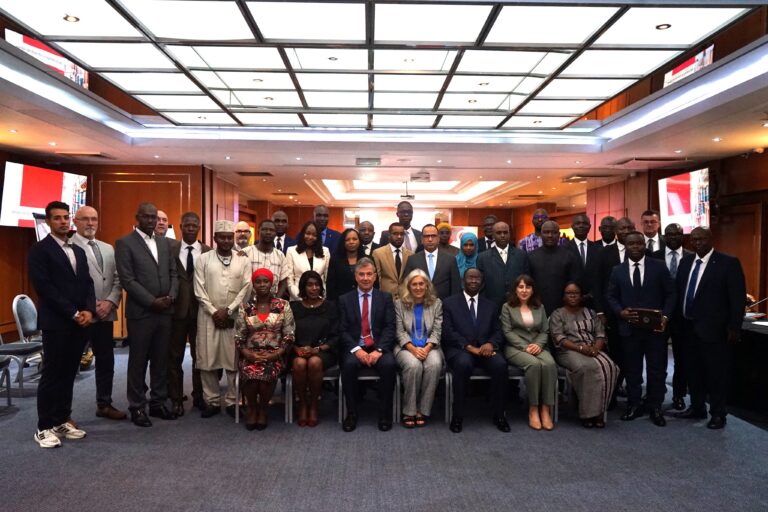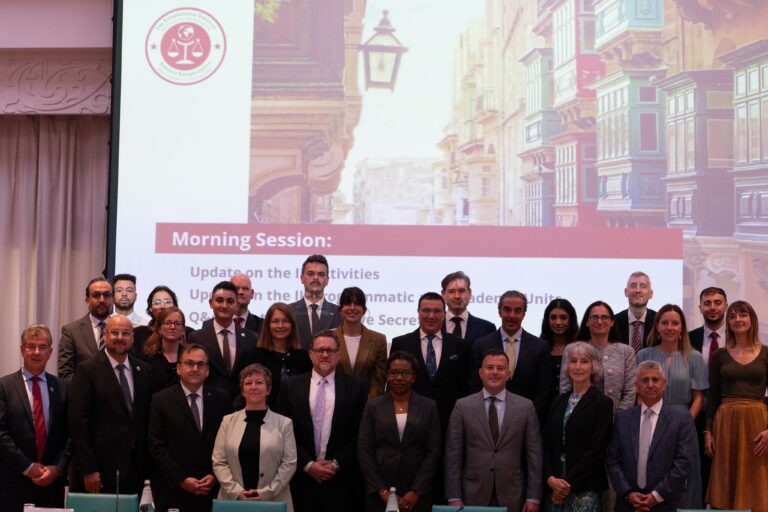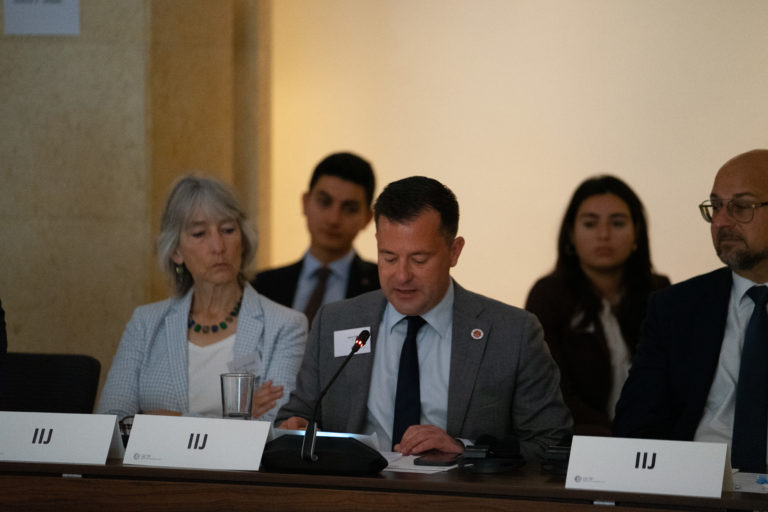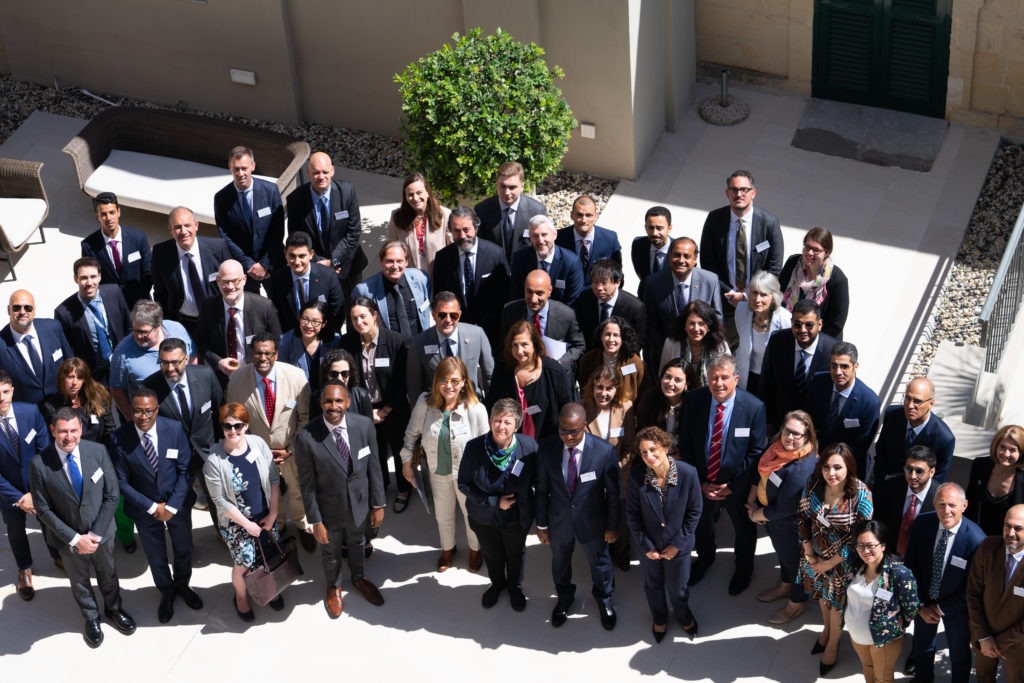The IIJ team was in Abidjan, Côte d’Ivoire, for four days, to conduct the CT PHARE’s Capacity Building Activities on the Human Rights-Based Decision-Making Model (DMM), with the aim of cultivating ethical and effective counter-terrorism interventions and crisis management across Francophone African countries.
CT PHARE, alongside our ES Steven Hill met with the Ambassador of the EU Delegation in Ivory Coast Director General of AILCT and the Ministry of Foreign Affairs, (to be added) as well as other key stakeholders and external organisations to spearhead the programme.
The objective of this initiative was to equip the twenty five participating law enforcement practitioners from Benin, Burkina Faso, Congo, Ivory Coast, Djibouti, Guinea, Mauritania, Democratic Republic of Congo (DRC), Senegal, Tchad and Togo . with essential tools and insights to assist them in using the decision-making model effectively and taking the appropriate human rights compliant course of action in various counter-terrorism (CT) interventions.
Experts from the African Centre for the Study and Research on Terrorism (CAERT) of the African Union, the International Academy for the Fight Against Terrorism (AILCT), the EUand The Danish Institute for Human Rights were involved throughout the course of this capacity building activity.
Mr. Paul Madden, Project Lead of CT PHARE had the pleasure of opening the Capacity Building Activity, together with the Ambassador at the EU Delegation in Ivory Coast, Ms. Francesca Di Mauro, and Mr. Evariste Koffi Yapi, General Secretary of the Ministry of Foreign Affairs, African Integration and Diaspora of the Republic of Ivory Coast.
The closing ceremony, organised at the AILCT premises, was chaired by the IIJ Executive Secretary, Mr. Steven Hill, and the General Director of AILCT, Mr. Joseph Allah Kouamé. The collaborative efforts between the experts, participants and the CT PHARE team will culminate in the development of an IIJ Toolkit on the Human Rights-Based DMM in CT.




